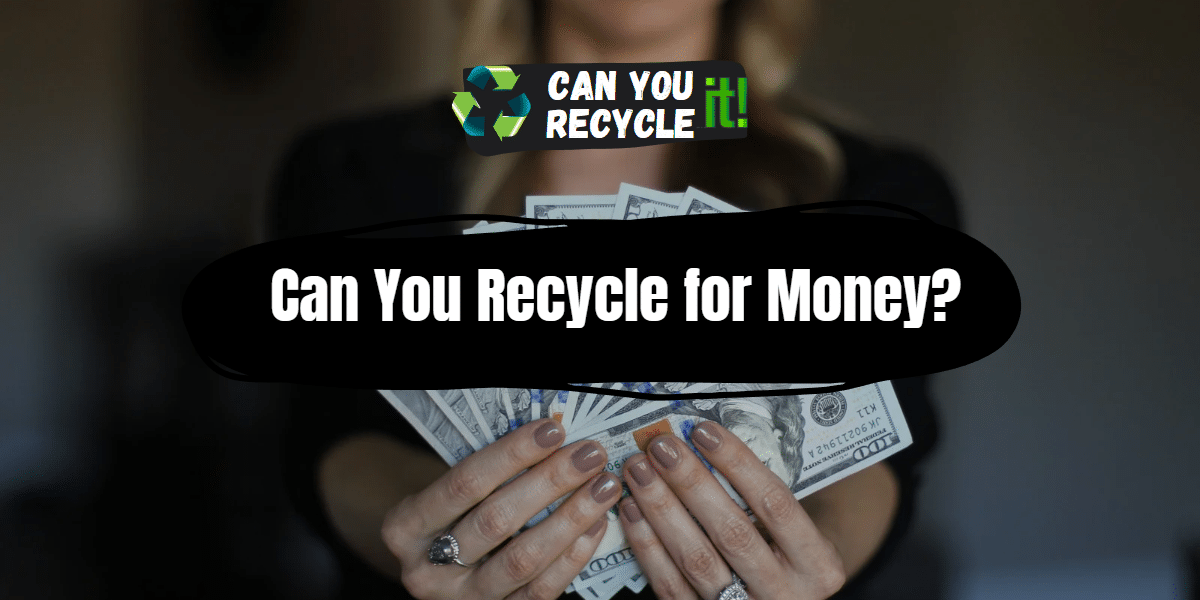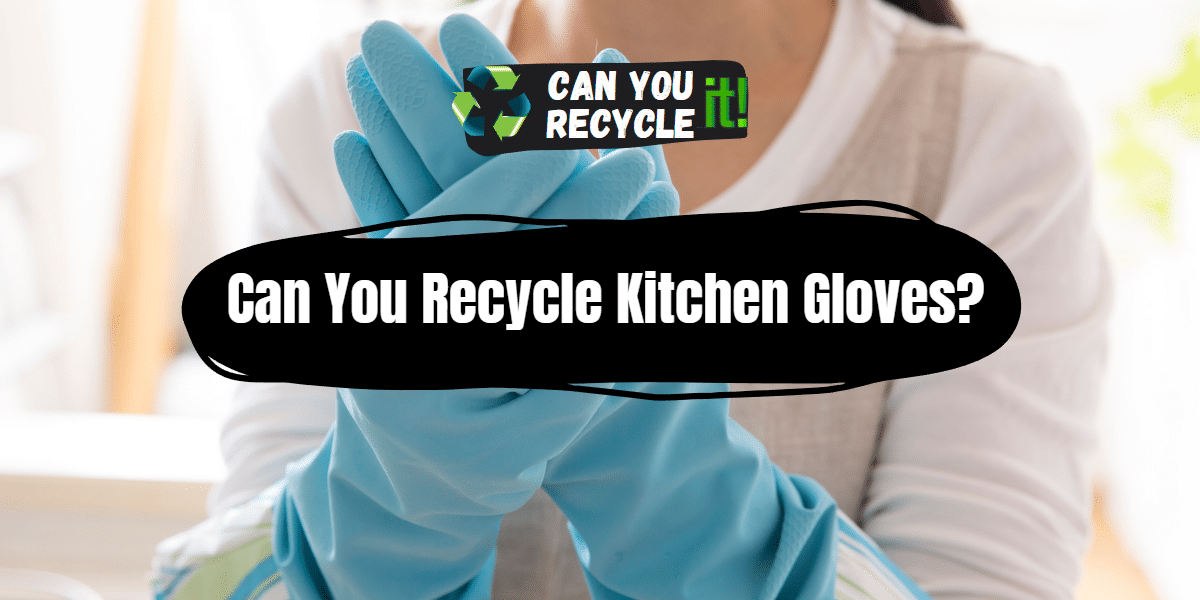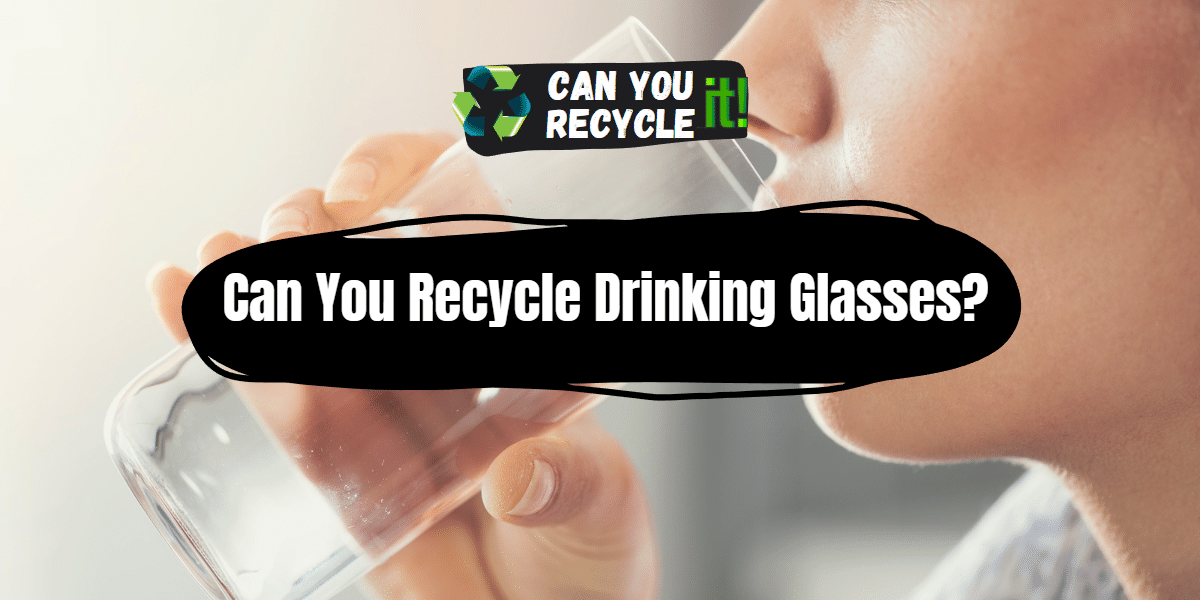Yes, we can recycle for money, but it is essential to understand that the potential financial gain from recycling can vary depending on several factors.
While some materials have a monetary value and can be sold for recycling, others may not yield substantial profits. Let’s explore the dos and don’ts of recycling for money and how to maximize this opportunity.
Recycling has become an essential practice for preserving the environment and conserving resources. While many people know the environmental benefits of recycling, another question often arises: can you recycle for money? In this article, we will explore the possibilities of recycling for financial gain. We’ll discuss whether recycling can be a lucrative endeavor, dos and don’ts for maximizing your recycling efforts, how to prepare recyclable items, a step-by-step guide to recycling, alternative options for non-recyclable items, the environmental impact of recycling, address common FAQs, and provide some final thoughts on the subject.
Table of Contents
Do’s and Don’ts
To make your recycling efforts more financially rewarding, consider the following dos and don’ts:
Dos
- Research recyclable materials: Identity which materials have value in the recycling market. Items such as aluminum cans, scrap metal, paper, and certain types of plastics can often be sold to recycling centers for money.
- Separate and sort: Sort your recyclables according to their material types. This will help streamline the recycling process and ensure that non-recyclables do not contaminate valuable materials.
- Find local recycling centers: Research nearby recycling centers or scrap yards that accept the materials you want to recycle. Different centers may have varying rates or requirements, so finding the most suitable options is essential.
Don’ts
- Don’t recycle non-valuable items: Some items, such as certain plastics or mixed materials, may not have a high recycling value. Check local guidelines or consult recycling centers to determine which materials are worth recycling for money.
- Avoid contamination: Keep recyclables clean and free from contaminants, which can affect their value. Dirty or mixed materials may not be accepted or may fetch a lower price.
How to Prepare Recycling For Money
Properly preparing your recyclables can increase their value and smooth the recycling process. Here are some steps to follow when preparing items for recycling:
- Clean and Sort: Clean your recyclables thoroughly to remove any residue or contaminants. Separate them into different categories based on their material type—for instance, separate plastics, metals, paper, and glass into designated containers.
- Check Local Guidelines: Research local recycling guidelines to determine which materials are accepted for recycling and whether there are any specific preparation requirements. Some recycling centers may have particular instructions, such as removing bottle caps or flattening cardboard boxes, so be sure to familiarize yourself with these guidelines.
- Remove Non-Recyclables: Check each item carefully to ensure only recyclable materials are included. Remove any non-recyclable components or items that may contaminate the recycling process. This step helps maintain the integrity of the recyclables and ensures higher value.
- Compact and Store: If possible, compact or flatten your recyclables to save space and facilitate transportation. This step can be constructive for materials like cardboard or aluminum cans. Store your recyclables in designated bins or containers until they are ready to be taken to a recycling center.
- Find Recycling Centers: Locate nearby recycling centers or scrap yards that accept your prepared materials. Contact them to inquire about their rates and any additional requirements they may have.
5-Step Guide to Recycling For Money
Sure, here are the five steps on how to recycle for money:
Step 1
Identify what you can recycle for money. Not all recyclables are worth the same amount of money. Some of the most common items that can be recycled for money include:
- Aluminum cans
- Plastic bottles
- Paper
- Cardboard
- Electronics
- Batteries
- Tires
Step 2
Find a recycling center that pays for recyclables: Many recycling centers pay for recyclables. Some of these centers are located in grocery stores, while others are located in standalone facilities. You can find a recycling center near you by searching online or by contacting your local government.
Step 3
Sort your recyclables: It is important to sort your recyclables before you take them to the recycling center. This will help the recycling center to process your recyclables more efficiently and will help to ensure that your recyclables are appropriately recycled.
Step 4
Weigh your recyclables: The recycling center will weigh your recyclables to determine how much money you will be paid.
Step 5
Get paid for your recyclables: Once your recyclables have been weighed, you will be paid for them. The amount of money you will be paid will vary depending on the type of recyclables you have and the recycling center you are taking them to.
What to Do with Non-Recyclable Items
While recycling offers numerous benefits, not all items can be recycled for money. Here are alternative options for non-recyclable items:
- Donate or repurpose: Consider donating items still usable to local charities, shelters, or community organizations. Additionally, explore creative ways to repurpose non-recyclable items, giving them a new life and purpose.
- Proper disposal: For items that cannot be recycled or repurposed, follow local waste management guidelines for proper disposal. This may include placing them in designated waste bins or arranging special pickups for bulk items.
Environmental Impact of Recycling
Recycling plays a vital role in reducing waste and minimizing environmental impact. Here are some key environmental benefits of recycling:
- Resource conservation: Recycling reduces the need for extracting and processing raw materials, conserving valuable resources like metal ores, trees, and fossil fuels.
- Energy savings: Recycling requires less energy than producing new materials. This leads to a reduction in greenhouse gas emissions and a decrease in reliance on non-renewable energy sources.
- Waste reduction: By recycling, we divert materials from landfills, helping to minimize the environmental consequences associated with landfilling, such as pollution and the release of greenhouse gases.
- Pollution prevention: Recycling helps reduce air and water pollution associated with extracting, processing, and manufacturing new materials.
FAQs for Can You Recycle for Money
Can I recycle electronics for money?
Yes, some recycling centers or electronic waste (e-waste) recycling programs may offer compensation for certain electronics. Check with local recycling centers to determine their policies and any potential financial incentives.
Can I recycle damaged or broken items?
In some cases, broken or damaged items can still be recycled. However, their value may be lower compared to undamaged items. Contact recycling centers to inquire about their policies regarding damaged recyclables.
Final Thoughts 💭
While recycling for money is possible, it’s essential to manage expectations and understand that the financial gain may vary depending on the materials and market conditions. You can maximize your recycling efforts by adhering to the dos and don’ts of recycling, properly preparing your recyclables, and researching local recycling centers. Remember that recycling is not only about financial benefits but also about positively impacting the environment. Embrace recycling as a responsible practice, reduce waste, and contribute to a more sustainable future for our planet.





Leave a Reply